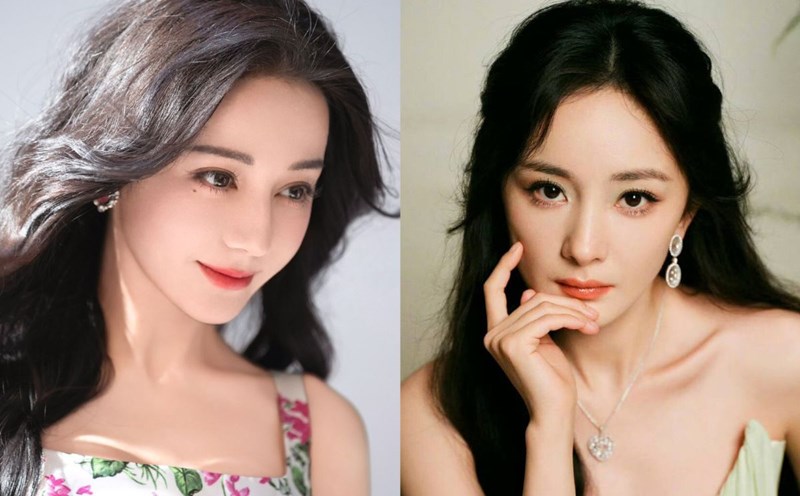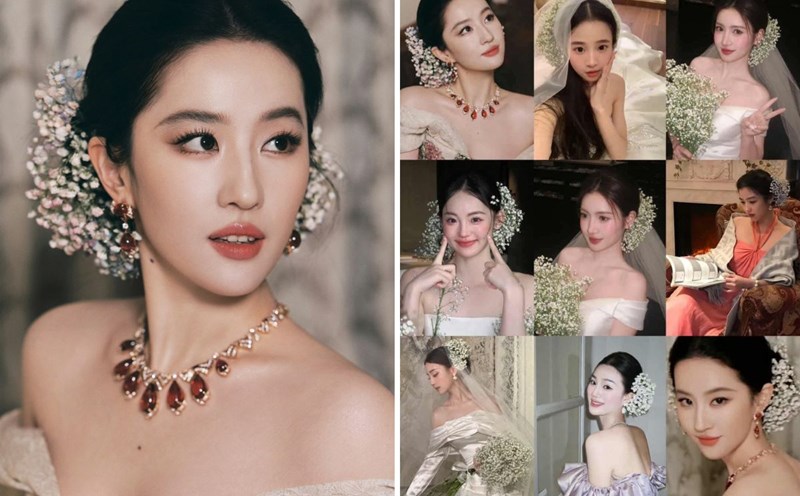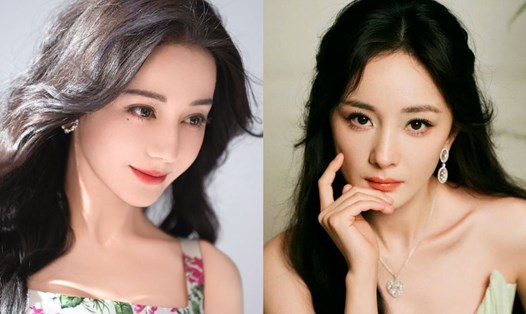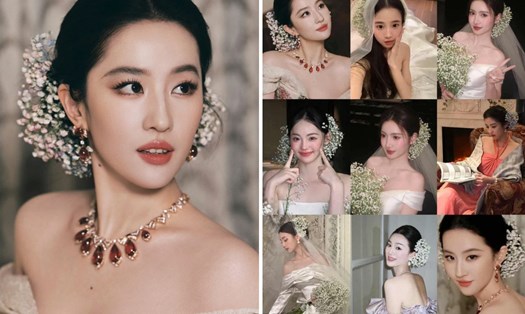At the end of the year, a series of major events, fashion red carpets, and awards ceremonies are held. This is an opportunity for artists to enhance their influence, or affirm their position in the entertainment industry. Therefore, investing in appearing on the red carpet is very focused.
Currently, the themed red carpet event has become a new rule for fashion parties in the Chinese entertainment industry. Instead of letting guests dress freely, events set specific themes for costumes.
Such as the theme "five hundred blooms in a row" of Vogue Thinh Dien event, "waves and starlight" of Elle, or 4 diverse themes of W China - inspired by black and white silk films, inspired by the 2000s, inspired by the elegant style of China and inspired by magical dreams.
To meet the requirements of events, artists often confirm their schedules many months in advance, stylists have to search everywhere to find haute couture outfits (high-end tailoring), unseasonal outfits or things that no one has ever worn.
Normally, celebrities can complete their look after about 2 try-ups. However, for the event's key stars, big names appearing on the red carpet, their time and costume preparation process are equivalent to implementing a small project.
A former fashion magazine editor revealed: "I heard that the outfit Liu Yifei wore at Vogue's event had to go through 6 auditions, and try through more than 20 sets to choose the final product."
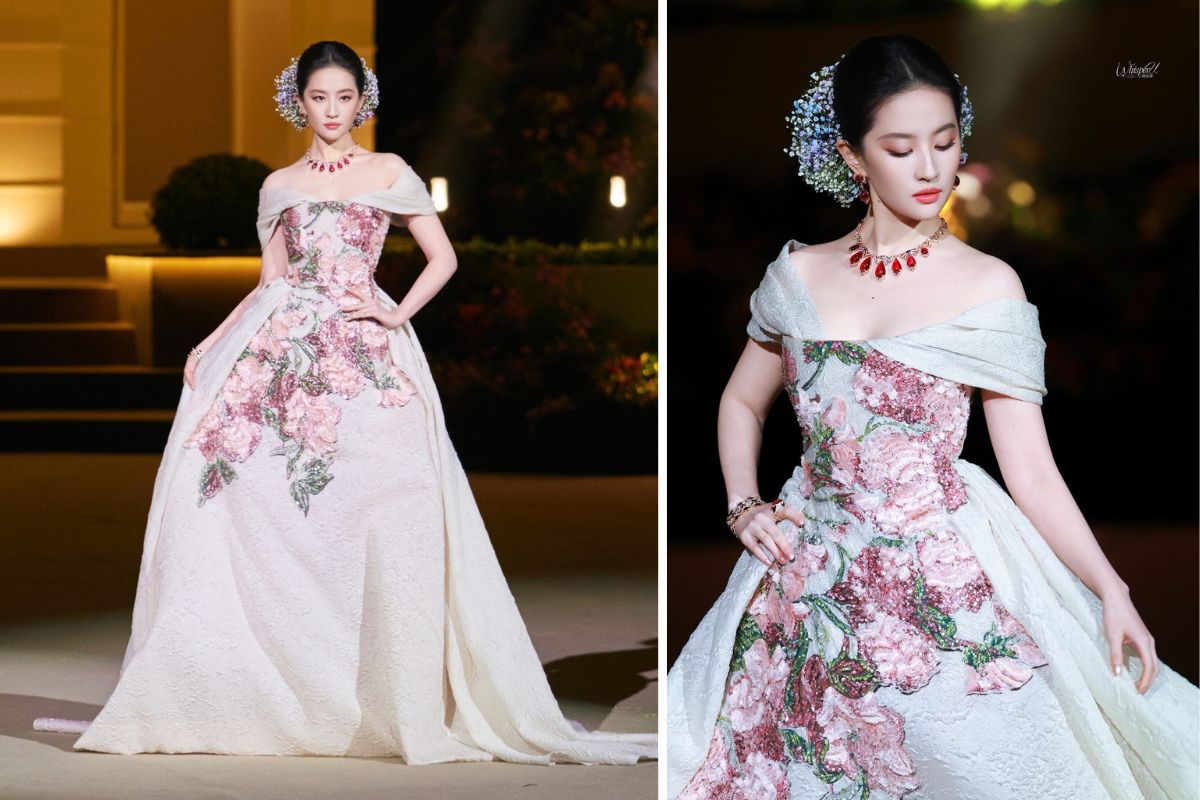
The media staff organizing the event must also pay attention to collecting information about artists to make a list of risk situations. For example, who is too carefree; who is straightforward, easy to make shocking statements; who is an artist with an aggressive fan community, easy to "fight" on social networks...
"When interacting with these celebrities, I often advise staff to say at least as much as possible when in private and only discuss simple situations. No matter what they say, we just need to always smile, a communications employee shared.
Some artists intentionally create situations such as pretending to stumble or performing unusual actions to become topics of discussion online. Although this tactic is risky, it is also highly likely to succeed.
At events, many artists make surprising requests such as suddenly wanting to leave early due to bad mood, having personal work, or wanting to appear later than expected. But the most difficult thing is those who demand to "cast down next to a celebrity" - whether it is the order on the red carpet or the seats at the awards ceremony.
This requirement has many purposes, either it is people who are less prominent and want to Associate with people with higher status, or someone who feels their status is equal to theirs.
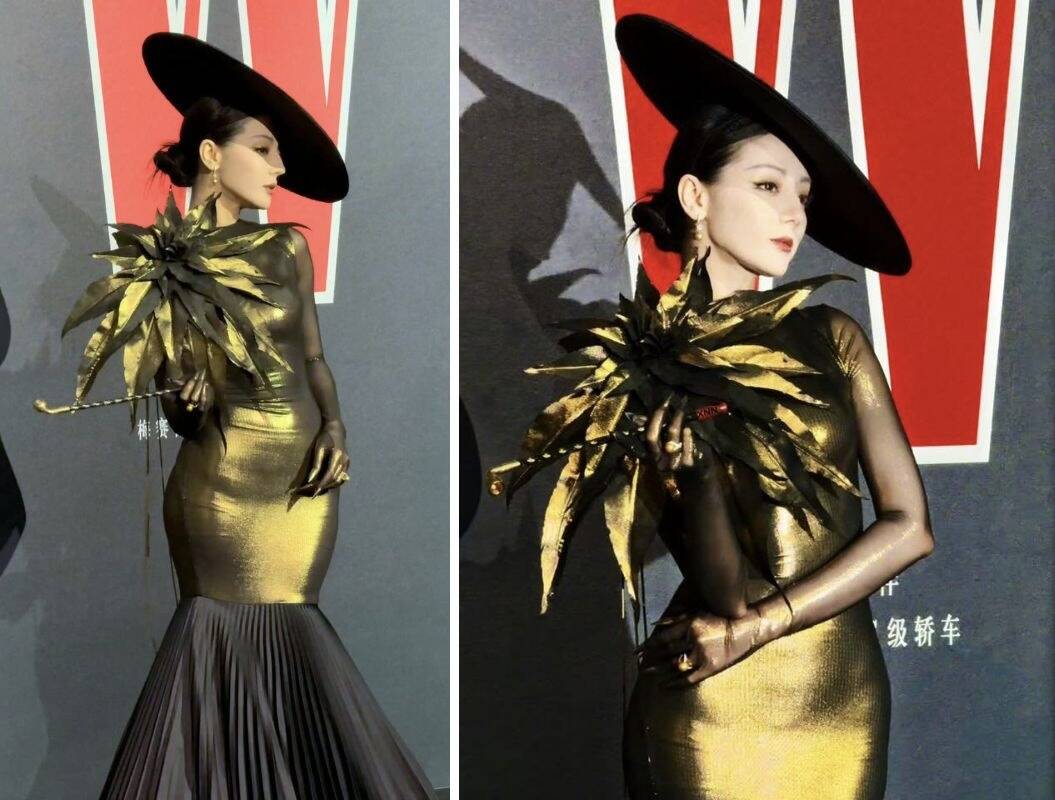
However, the event's media staff revealed that most female stars did not want to step onto the red carpet before or after Dilraba Dilmurat.
Because Nhiet Ba is known as the "queen of the red carpet". She always invests heavily in the appearance of the red carpet and easily creates a clear contrast in terms of image effects with others.
In general, the position of artists at red carpet events in the Chinese entertainment industry is based on their influence and position. The greater the influence, the more priority is given to the outstanding central position.


